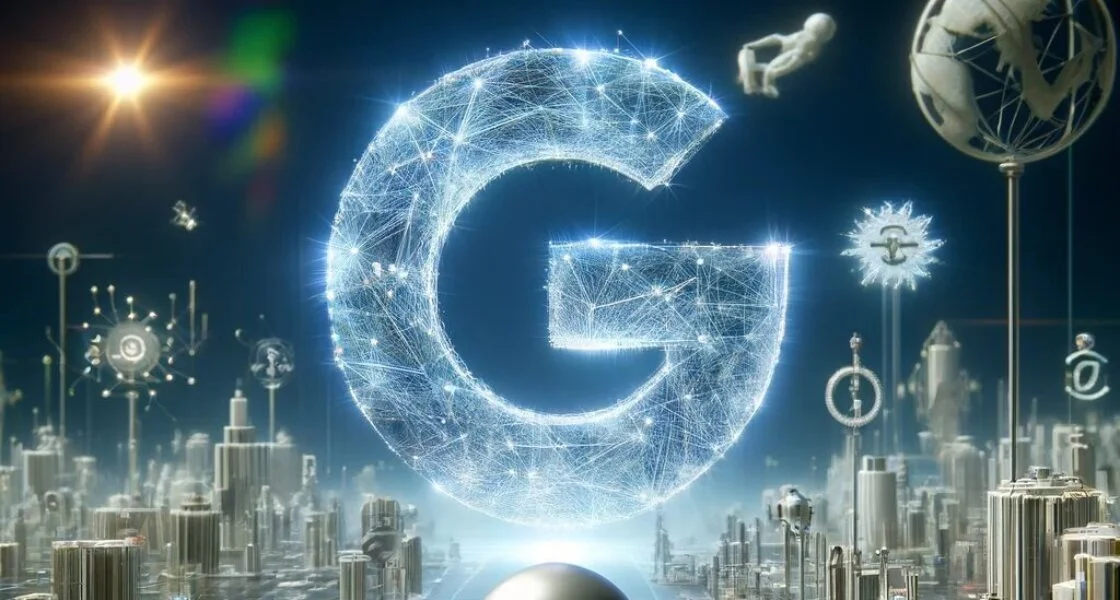Artificial intelligence (AI) has emerged as an indispensable asset in digital marketing. Businesses are harnessing AI-powered marketing technologies to increase customer engagement, streamline operations and drive growth – with Google leading this revolution with its vast resources and innovative prowess. But amid all this buzz around AI marketing lies one crucial question: Will Google become an undisputed leader?
AI Marketing
Artificial intelligence-powered marketing (also referred to as AI-marketing) refers to any technology or technique that uses artificial intelligence (AI) for improving marketing strategies and campaigns. From predictive analytics and personalized recommendations, chatbots, natural language processing and natural language encoding; AI equips marketers to unlock deeper insights, automate repetitive tasks and offer hyper-personalized experiences for consumers.
Google’s Dominance in the Digital World
Google is unquestionably an AI juggernaut. Boasting vast troves of data, cutting-edge algorithms, and relentless pursuit of innovation, they have solidified themselves as pioneers of AI research and development. Their search engine powers YouTube recommendations while Ads rely heavily on AI. As they have successfully integrated it into all their products and services, AI research and development have become integral parts of their strategy and operations.
Google AI Can Aid Marketing Strategies
Google’s AI dominance provides marketers with both opportunities and challenges. One key benefit is access to data insights provided by platforms like Google Analytics and Ads; using these platforms, marketers can gather insight into consumer preferences, behavior and trends for crafting more targeted and effective marketing campaigns.
